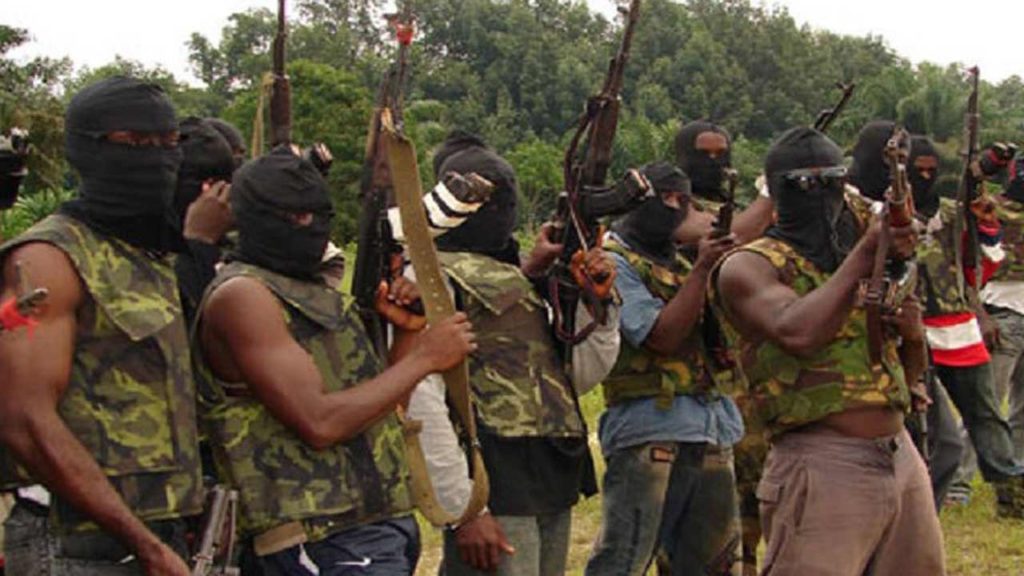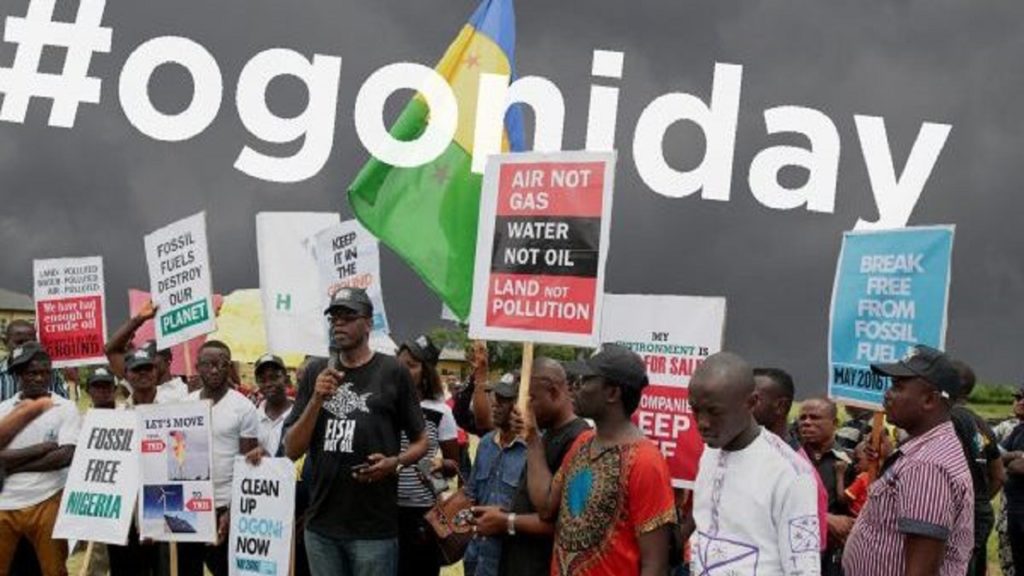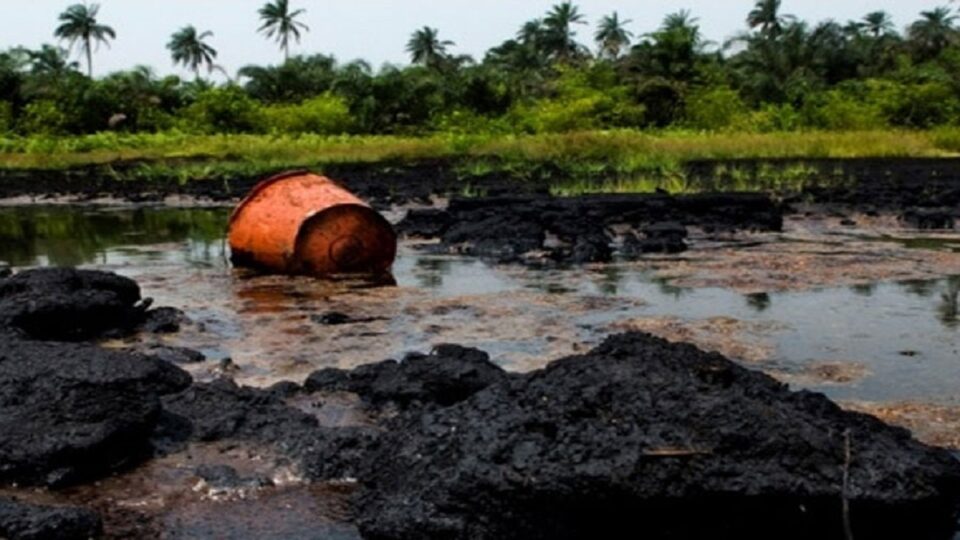By Mazi Odera Orazulilke
“The Ogoni have been gradually ground to dust by the combined effort of the multinational oil company ShellL Petroleum Development Company, the murderous ethnic minority in Nigeria and the country’s military dictatorship” Ken Saro-Wiwa(1992).
The people of Ogoni suffered tremendously under the federal government of Nigeria between 1990 and 1995.
This was as a result of the people of Ogoni fighting for control over their economic resources which led to the formation of the Movement of the Survival of the Ogoni People (MOSOP) in 1990 by Ken Saro Wiwa and other Ogoni elders.

Shell started operation in Niger Delta in 1958, as a result the water and land of Ogoniland were contaminated. When the locals protested peacefully, the police was used against them.
In 1887, when such protest was done in ‘Iko’, the mobile police knick named ” kill and go” was unleashed on them and as a result, 40 houses were burnt and 350 people made homeless.
In August 1990, the bill of rights of Ogoni people was formed by Ogoni elders asking for rights of Ogoni people to handle their economic resources. In that same year, MOSOP, a non violent group was formed by Ken Saro-Wiwa(writer and social activist).
The first demonstration of MOSOP was on October 30, 1990 at Umuechem, oil producing community 10 miles of Ogoniland. During the protest, mobile police from the federal government attacked the peaceful protesters. They returned the following day killing about 80 people shooting at random in the guise of looking for three of their members.
The conflict continued and the federal government had to apply overt violence on its citizens. The MOSOP sent its demands to Shell, Chevron and NNPC with an untimatum to pay back royalties or quit Ogoniland.
In January 1993, the federal government responded by banning public gatherings and declared disturbance of oil production as a treason. That same day MOSOP went ahead with a massive public mobilisation which marked the first “OGONI DAY”.

This attracted about 300,000 people. Shell workers were beaten and this prompted Shell to withdraw their workers from Ogoniland as security measures. This gave the federal government a compelling reason “to restore order” in Ogoniland.
Ken was arrested multiple times in April 1993 while the peacefu protest continued. On April 30 when about 10,000 people were protesting soldiers opened fire injuring about 10 people. Agbarator Otu was killed on May 3, while Ken had his passport withdrawn on May16 while trying to leave for London. The Ogonis boycotted the June 12 election.
On July 9, 60 Ogoni people were killed by Andoni which marked the beginning of Ogoni-Andoni violence. There were many crises between Ogoni and Andoni resulting to many deaths and refugees. This was attributed to the federal government and Shell.
On May 21, 1994, four Ogoni elders who were against MOSOP were murdered. Though Saro Wiwa was denied entry into Ogoniland that day, he was detained in connection to the murder and MOSOP was held responsible for the crime without any judicial process.
In reaction to the murder, the Rivers state Internal Security led by Major Paul Okutimo went in search of the suspects. By mid October, 30 villages had been completely destroyed, 600 people detained and another 40 innocent civilians killed. An eventual total of around 100,000 people were detained, and an estimated 2,000 civilian deaths were recorded.
On November 10, 1995, a horrendous day for Ogoni indigenes and inhabitants, nine activists including Barinem Kiobel, John Kpuniem, Baribor Bera, Paul Levura, Saturday Dobee, Felix Neate, Nordu Eawo, Daniel Gbokoo, And Ken Saro-Wiwa, a nobel peace prize nominee were executed by hanging 10 days after been convicted by the Nigerian government on the charges of the “incitement to murder” of four Ogoni leaders. These nine are known in history as OGONI 9.
Written by Mazi Odera Orazulilke (Department of History and Culture, Opinions From Africa)
Mazi Odera Orazulike is a philosopher, historian, writer and researcher in Igbo history and culture.





